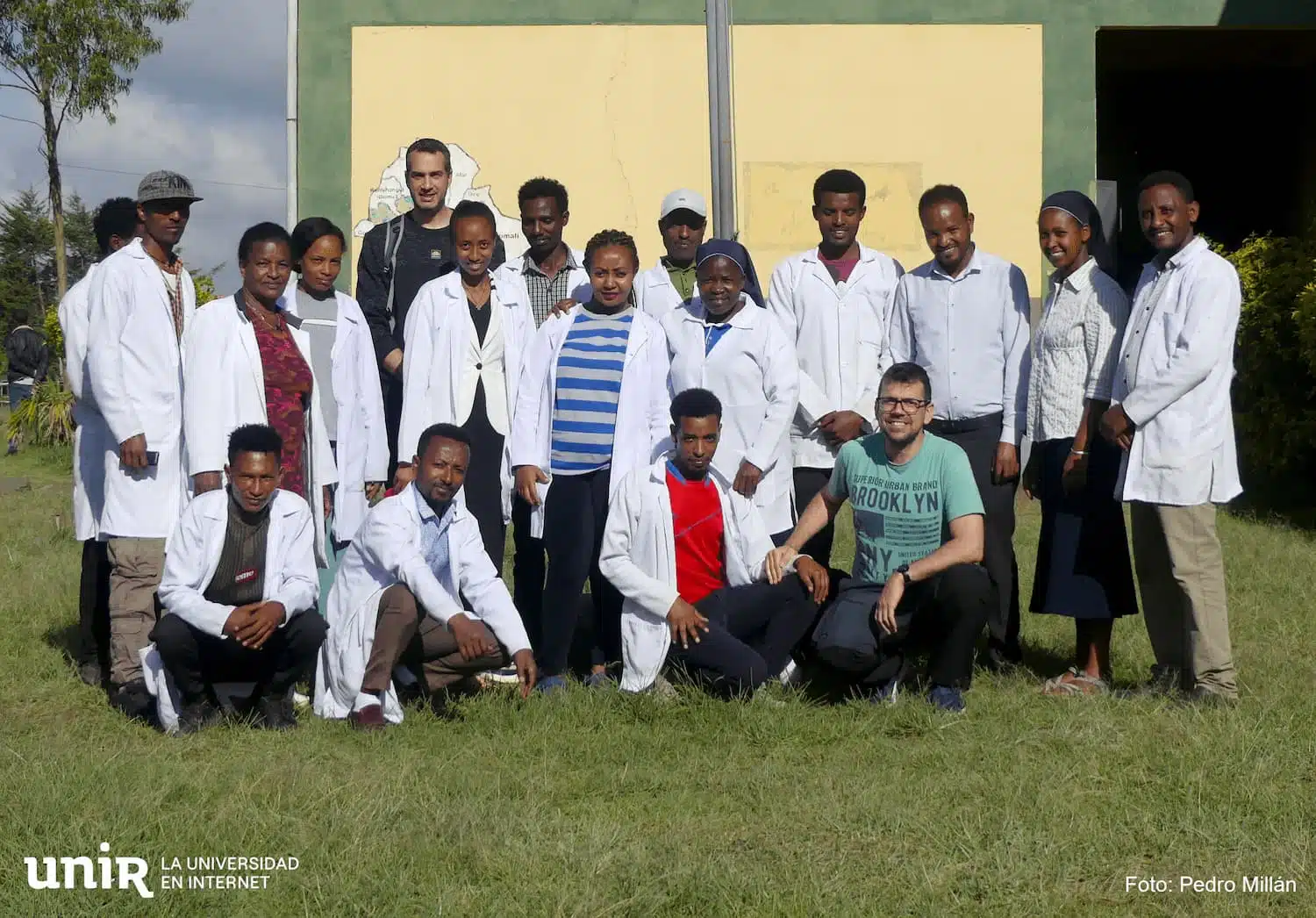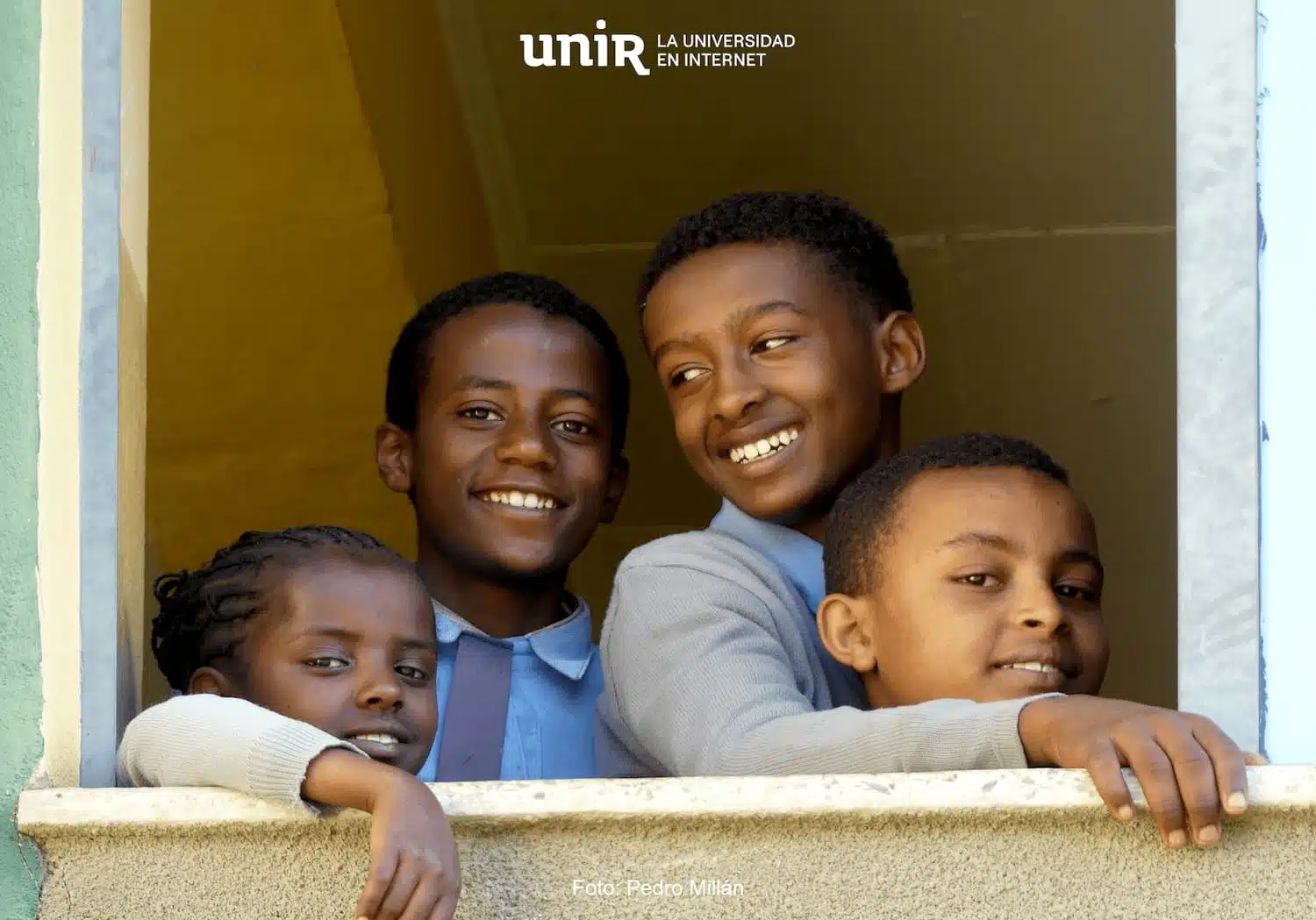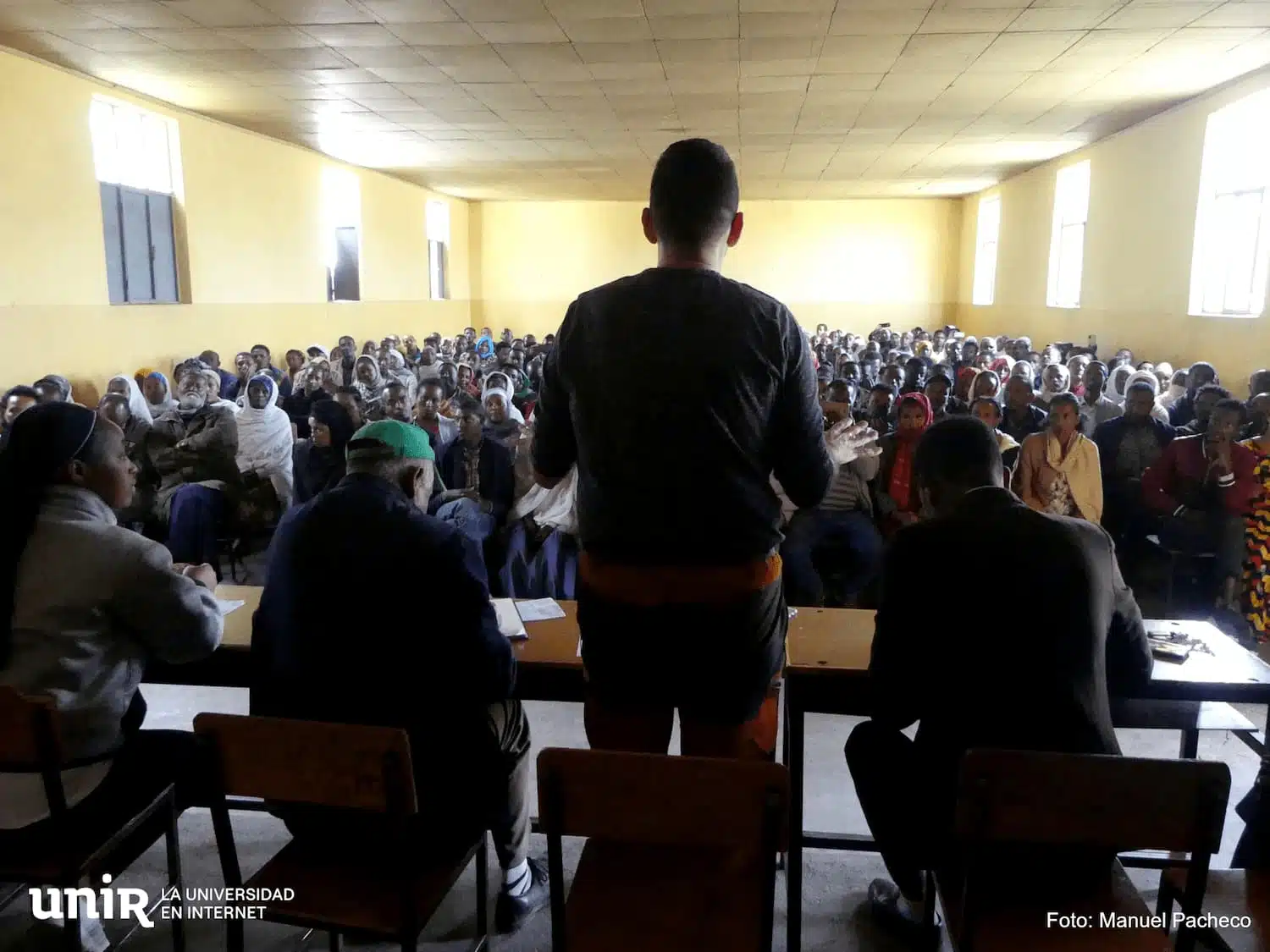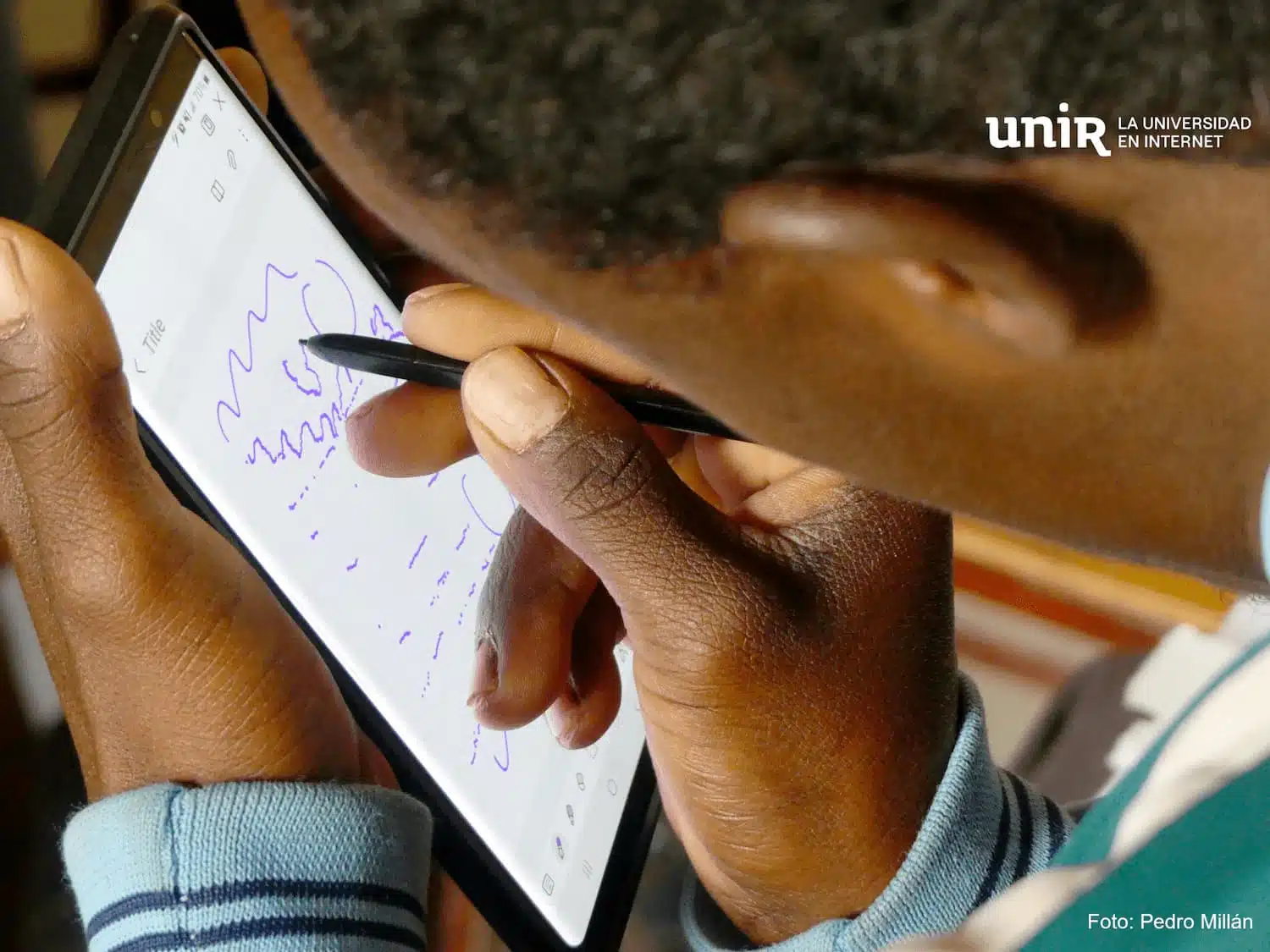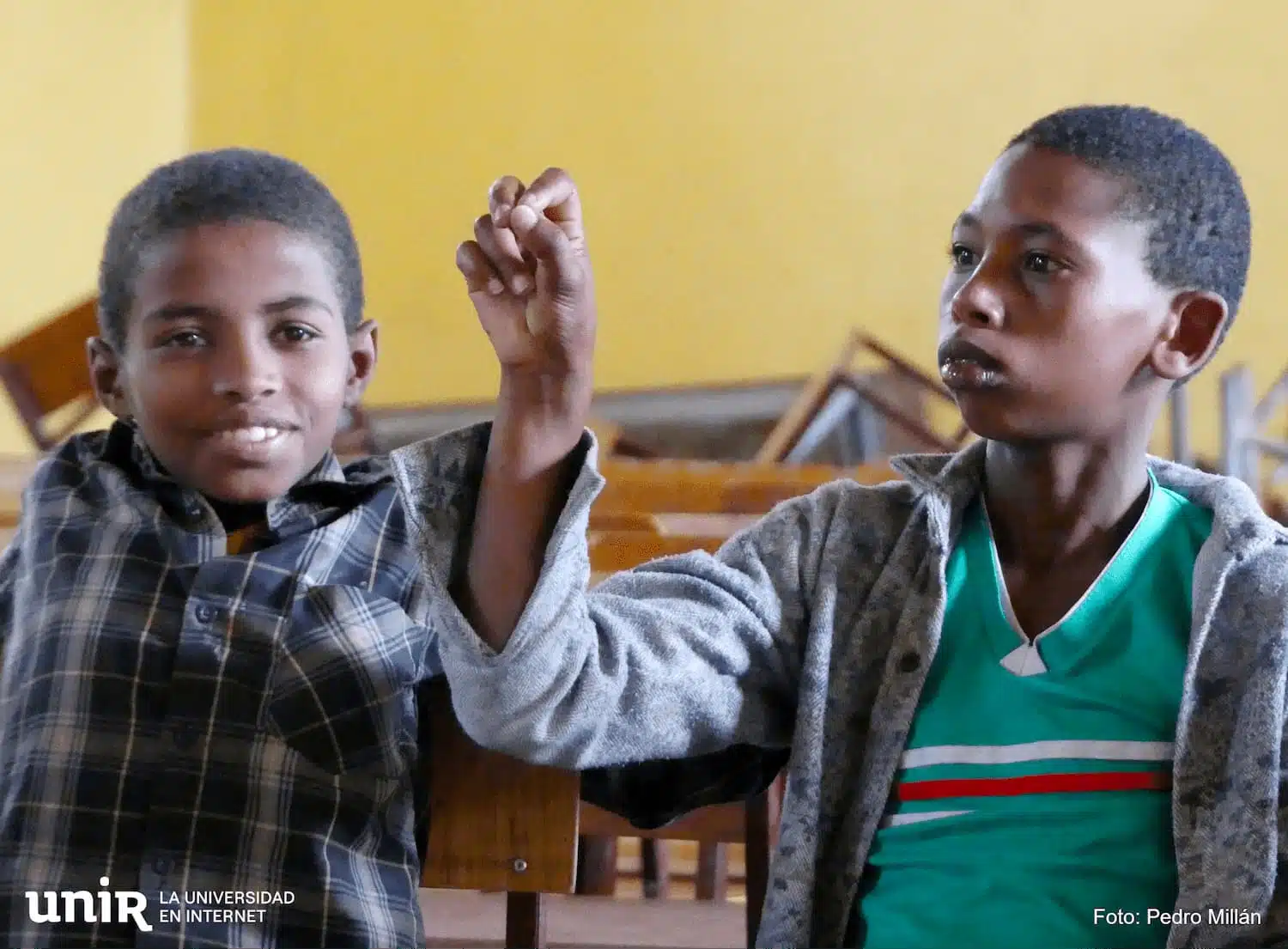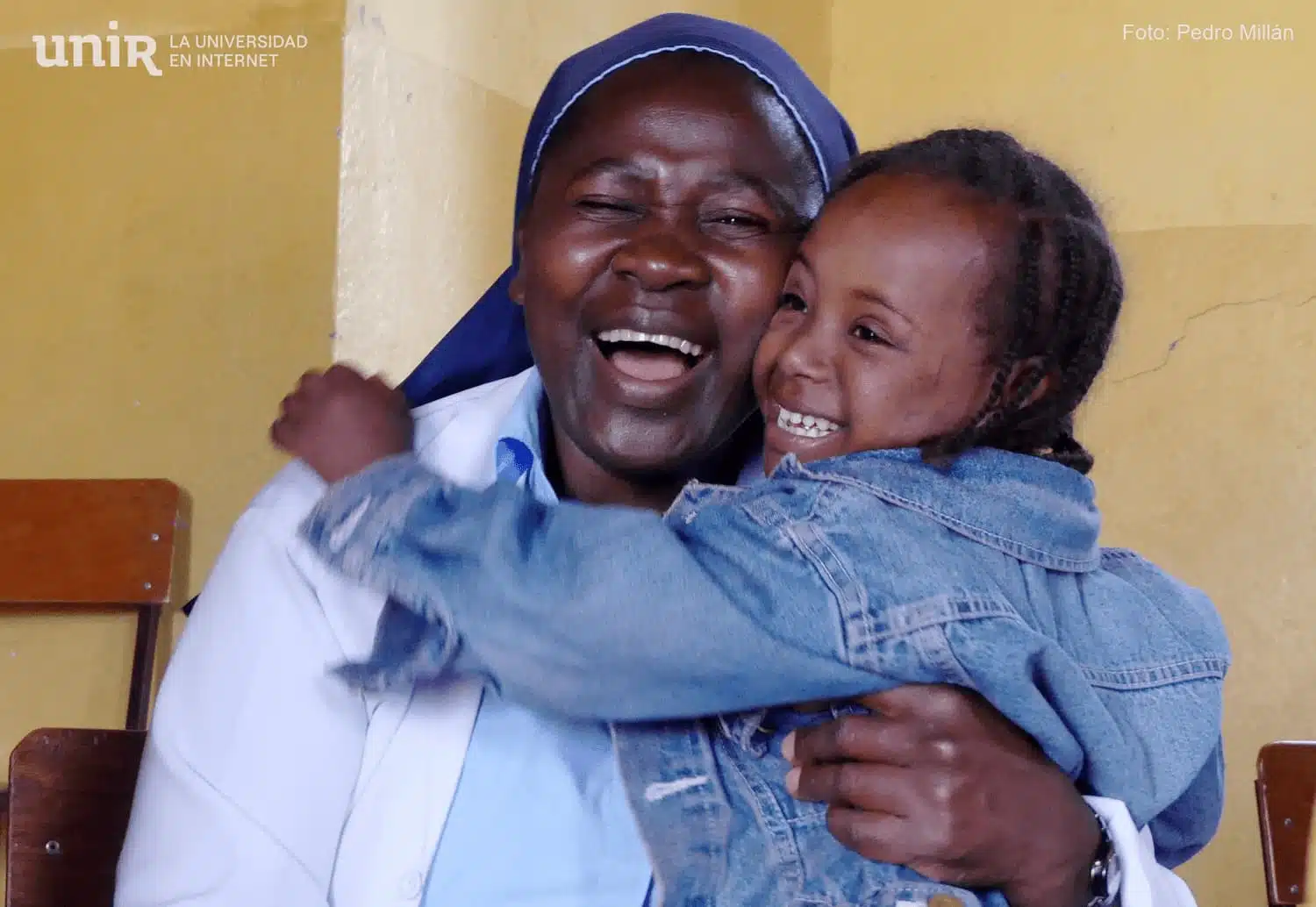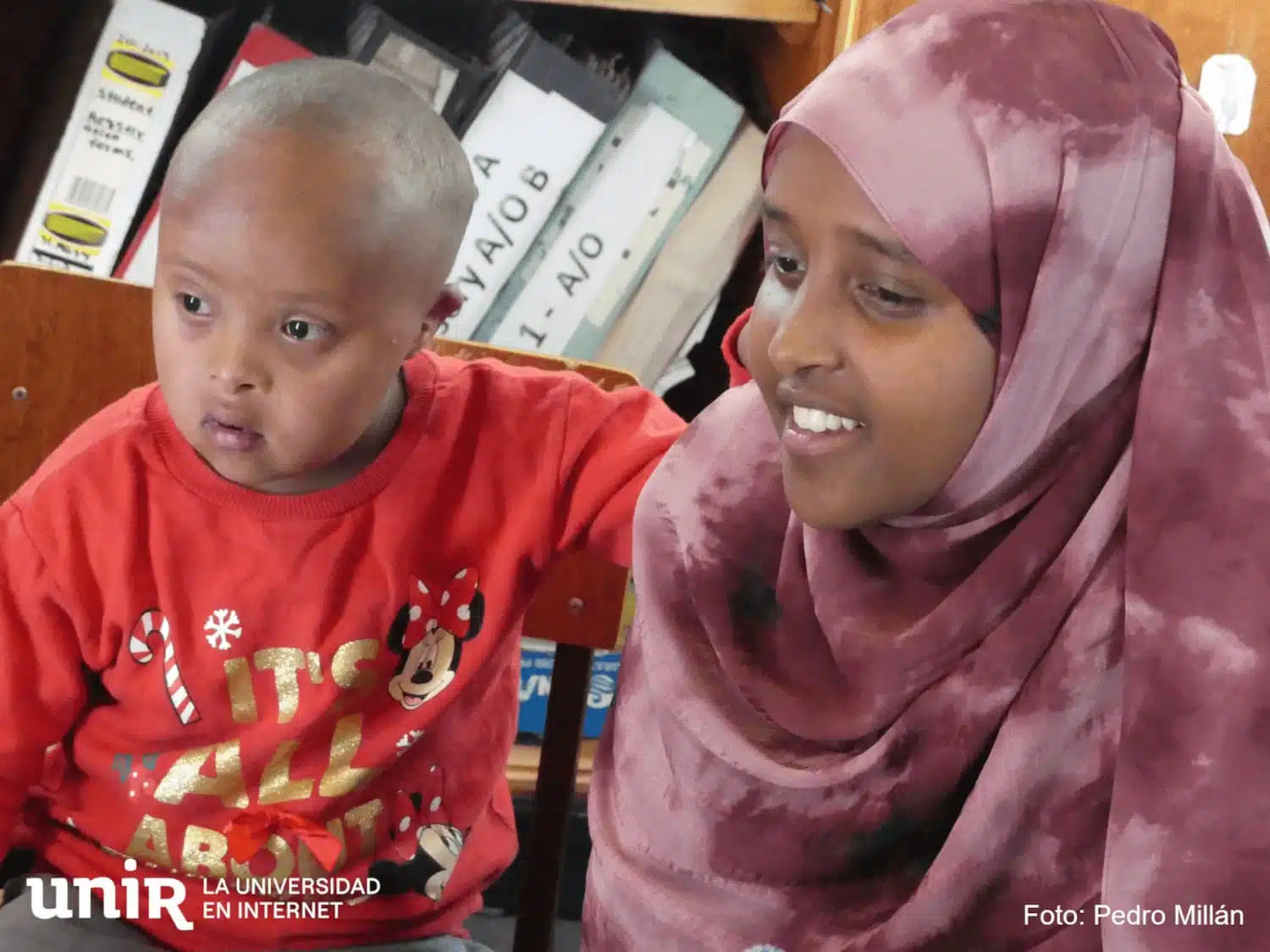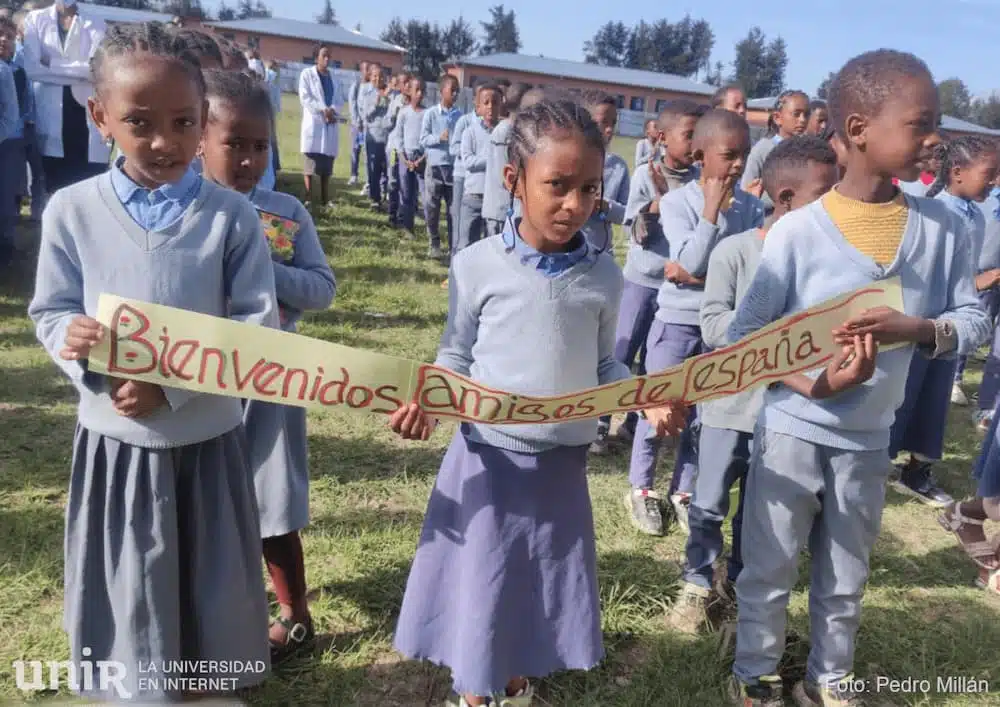The aim is to strengthen the attention to special educational needs in an infant and primary school in Sagure (Ethiopia), working with the entire educational community and designing an intervention model, with scientific evidence, that can be scaled to other rural schools. The project has two lines of action:
1. capacity building of the educational community, as a fundamental input for the sustainability of an inclusive school model: to this end, socio-educational and family needs will be identified in order to design a training plan for school directors and educators in the detection and care of special needs (SEN), educational social responsibility and prevention in terms of habits that may affect prenatal and infant development.
2. Design of a comprehensive and innovative school model with an inclusive approach and with special emphasis on SEN. To this end, the resources, capacities and objectives will be considered under an EMIC perspective (i.e., attentive to the needs and expectations of the beneficiaries), which will make it possible, as well as the technical and communicational needs that must be integrated.
A team of two researchers travelled in May to visit the Sagure school with the following objectives:
- Pedro Millán Barroso: Principal Investigator of the project: to document, provide training to teachers and service staff of the school and establish collaboration agreements with entities operating in Ethiopia.
- Manuel Pacheco Molero: tasks of identification of disabilities and advice to teachers and families.
This is an applied research project, funded by the Vice-rectorate for Transfer of UNIR, in collaboration with the Missionary Sisters of the Holy Rosary and the Parentes Foundation.
